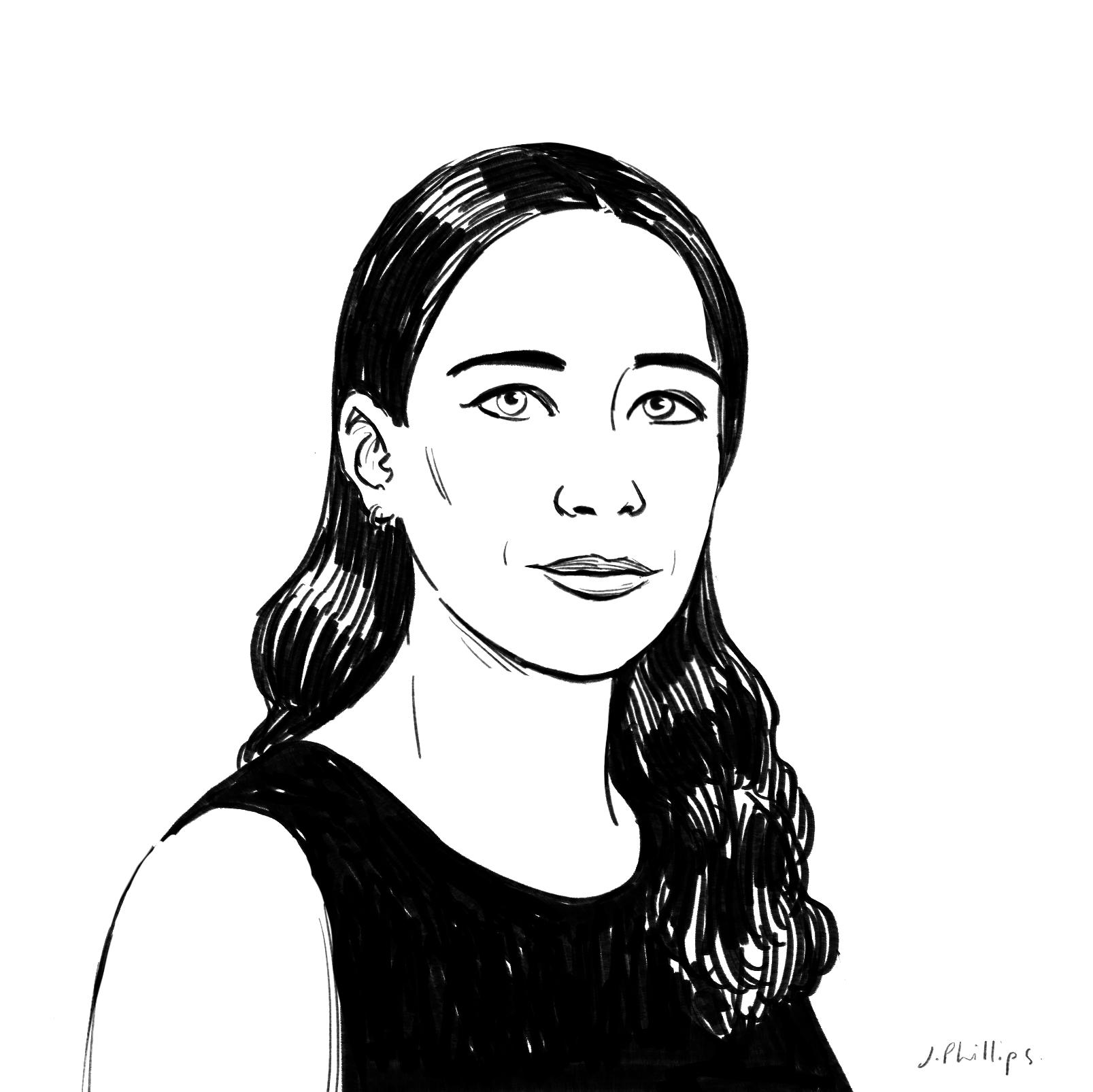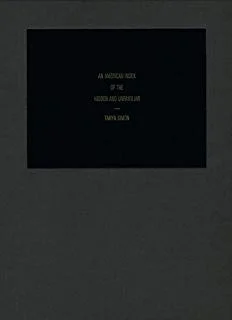Katherine Pomerantz, Director of Photography
Katherine Harris Pomerantz is the Director of Photography at TIME magazine. Prior to joining TIME in 2017, she was the Director of Photography at Newsweek, the founding photo lead at The Daily Beast, and worked in various creative roles at Magnum Photos and ABC News.
Katherine speaks on the importance of including diverse voices in photo editing. She also shares a photographic memory that changed her life and talks about four photo books that inspire her work.
This interview was edited for clarity and length.
American Index of the Hidden and Unfamiliar,
by Taryn Simon
“I was blindsided by Taryn Simon’s “American Index of the Hidden and Unfamiliar.” It is such a conceptually complex project that depends upon the seeming simplicity of the images. It is difficult to comprehend the persistence and passion needed to peel back the layers of access that were required of this project. This is the work of someone who sees endless possibility in the impossible.”
Open Wound: Chechnya 1994-2003,
by Stanley Greene
“This book is poetry. Looking at Stanley’s photos, it is easy to see his background as a painter, his justified anger as an activist, and his passion as a concerned human. Most apparent is his huge heart, which tinted all his photos, whether black and white or color.”
Wonderland: A Fairytale of the Soviet Monolith,
by Jason Eskenazi
“Turning the pages of Wonderland always makes me feel like Alice dropping down the rabbit hole. I am astounded by Eskenazi's ability to arrange the world in a way that is somehow both surreal and strange while still familiar and personal. I’ve returned to Wonderland over and over through the years and love it more each time.”
Aperture 223: Vision & Justice,
by Aperture
“Aperture 223: Vision & Justice should be required reading in classrooms across the country. Addressing the role of photography in the African-American experience, this issue of Aperture draws on the past and considers the future to create something incredibly timely and relevant in our present complicated time.”
Katherine, what is something in the industry that deserves more attention?
In general, I would love to see more diversity in the role of photo editor. There has been a positive shift in the industry in terms of hiring diverse photographers, but I think that it’s important that the people who are doing the hiring also represent a wide range of voices and experiences.
Groups like Women Photograph, Diversify Photo, and the Authority Collective are fantastic. Leaning on these groups is important - celebrating what they're doing and using them as a resource is vital. Some of these groups have their own mentorship program. I’d love to see a similar mentorship program for emerging photo editors, one that goes beyond a typical internship experience and pulls from a larger pool of candidates.
Can you describe a photographic memory of a moment that changed things for you?
I remember when I first noticed photography as a medium. When I was young my parents subscribed to National Geographic magazine. When I was about five or six years old, I flipped to a page and it was a picture of skeletons in the ground. They were human skeletons. It was the first time I'd seen a photograph like that. I'd seen skeletons in cartoons, I'd seen them in movies, but never presented to me through photography.
I remember being intrigued, scared, moved, and inspired by the photograph. That was the first time I really noticed the power of photography. I flipped through the rest of the pages, not being able to read, and being moved by pictures.
That experience kind of sat in my subconsciousness for years. Photography wasn't a path that I pursued, to be honest. I fell into it, and I'm so happy I did. I fell into the right place.
I originally wanted to be a writer. The summer before my senior year in college I was selected for an internship at the New Yorker as a writing intern. The night before the internship was supposed to start, I received a phone call from the internship coordinator saying that they had over-committed in that department but would I be interested in joining the photo department as an intern? So overnight I became a photo intern. I had the most incredible boss, Natasha Lunn. She was so inspiring. Honestly, I didn't even know what a photo editor was or what they did, so I learned on the spot. She gave me so much responsibility. I went back to college, took more photo classes, and decided I wanted to return to New York after graduation to pursue photo editing.
I recently reunited with Natasha. She hired me about 2 years ago to work on a project with her. It was wonderful after all this time to still be in touch and to work together again.
What is the best piece of advice that you've received in your career?
The best piece of advice I received was from Kira Pollack. She was leaving TIME and she said, "The biggest and best projects that I ever did no one asked me to do. I pursued them. I started from scratch and I made them happen. Don't wait for someone to tell you what to do. If you believe in something, find the people around you who support your idea, and just do it. You’ll find it will end up coming together.”
What are some habits that keep you going?
For me, it's balance. Turning off my phone and email, and spending time with my kids and husband. As much as I love my job, being able shift my focus in this way is crucial. Most of all I love experiencing the world through the eyes of a 4 and 6 year old. Everything is so simple and pure, it’s truly enlightening.
What is something that you used to believe about your craft that you have changed your mind about?
This is not particular to photo editing or photography, but I don't think that you have to wait be the best at something in order to succeed. I spent so much of my earlier career trying to get to a certain level before aiming for the next. It doesn’t necessarily work that way. Sometimes you have to take a risk and jump before you think you’re ready, and often you find that you not only land on two feet, but that you were, in fact, ready.
Photo Illustration by: TIME













